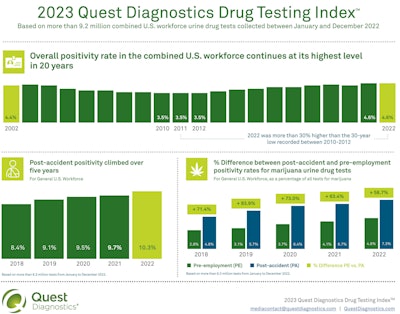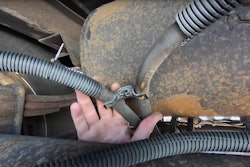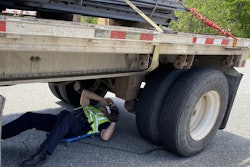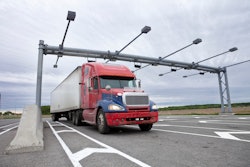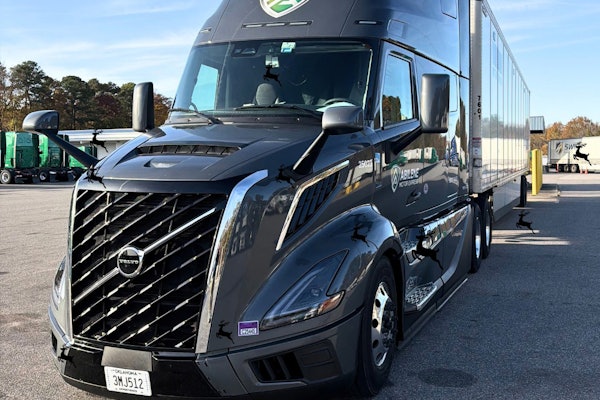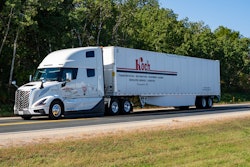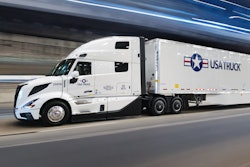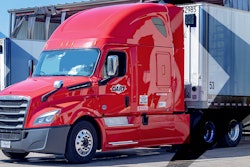The Department of Transportation last month filed a Final Rule allowing oral fluid as an authorized testing method for the presence of unlawful drugs effective June 1. However, in order for an employer to implement oral fluid testing under DOT's regulation, the U.S. Department of Health and Human Services (HHS) first has to certify at least two laboratories for oral fluid testing, which has not yet been done.
So while oral swab testing has been authorized as of today, it can't be implemented until HHS issues its approvals: at least one lab to test primary samples and at least one more to re-test contested samples.
[Related: Oral fluid drug test likely to put more 'cheaters' in FMCSA's Clearinghouse]
"Carriers should hold off on transitioning to oral fluid testing until HHS has approved at least two labs to process oral fluid samples," said Trucksafe Consulting President Brandon Wiseman, adding "it's tough to say" how long certification might take, putting trucking fleets in wait-and-see mode with today's would-be rollout of the program on pause.
National Drug Screening President Joe Reilly said it's of little surprise that HHS hasn't picked at least two testing facilities because "no labs have even applied for HHS approval yet. I met with all of them last week and all said late 2023 or early 2024 before they expect to be approved and operational with oral fluid testing."
Twenty labs are approved for urinalysis, and major companies like Quest Diagnostics, LabCorp, Alere Toxicology, MedTox and Clinical Reference Labs own about 90% of the drug screening market, Reilly said, adding the delay in approvals was expected as testing facilities "would not have incurred the time and expense of the workload and application process without DOT final approval."
The oral fluid testing rule wasn't passed in an effort to phase out urinalysis, the current most popular screening method. Rather it gives fleets another option to deploy at their discretion. "With both drug testing methodologies being scientifically accurate and forensically defensible, there is no reason to eliminate either methodology," the final rule reads. "Similarly, we see no reason to mandate either methodology."
As of the end of March (the most recent data available), 129,100 drivers were in Prohibited Status in the Federal Motor Carrier Safety Administration's Drug and Alcohol Clearinghouse, and 97,833 hadn't begun the Return to Duty process. That's a considerable jump from the 120,345 drivers in Prohibited Status to end 2022 with 91,523 not having started the Return to Duty process before the new year.
Analysis from medical lab and testing company Quest Diagnostics shows the percentage U.S. employees that tested positive for marijuana last year reached the highest level ever. In 2022, post-accident marijuana positivity of urine drug tests in the general U.S. workforce was 7.3%, an increase of 9% compared to 6.7% in 2021. The new peak follows a steady increase in post-accident marijuana positivity every year from 2012 to 2022. In that 10-year time frame, post-accident marijuana positivity increased 204.2%, according to Quest.
Indeed, marijuana metabolite is the leading substance identified in Clearinghouse violations – almost 370% higher than the second most common substance: cocaine.
In 2022, the combined U.S. workforce urine drug positivity for all drugs persisted at 4.6% – the highest level in two decades. The 2021 and 2022 positivity rates were the highest since 2001, up more than 30% from an all-time low in 2010 to 2012, according to Quest.
